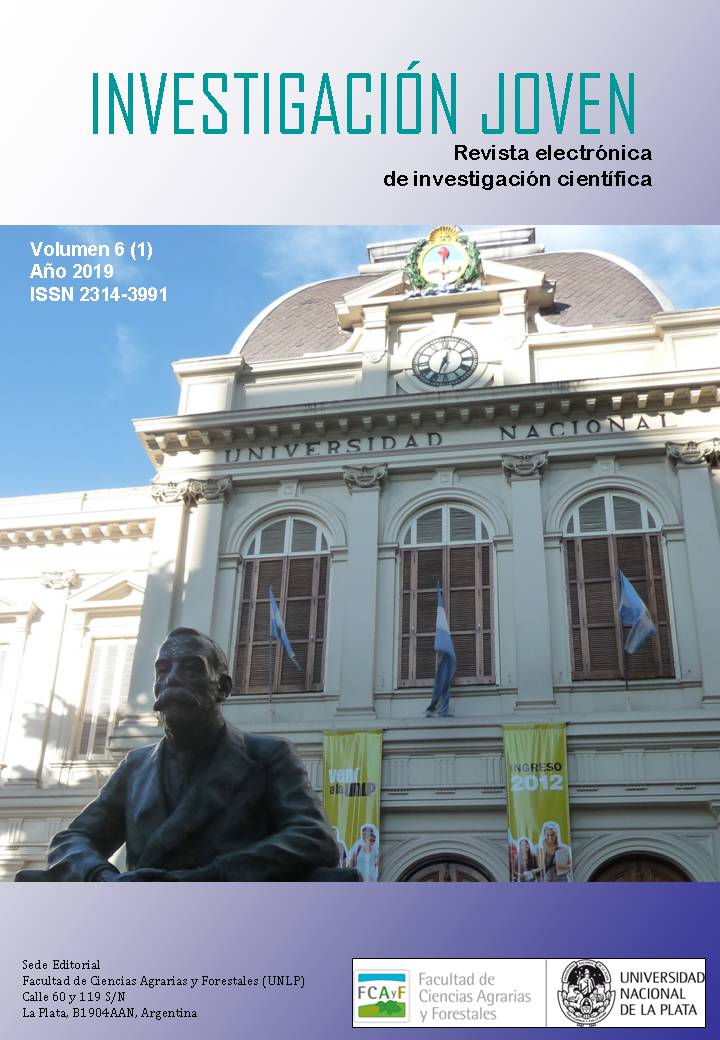ANÁLISIS DE LA POLÍTICA FISCAL EN MÉXICO Y SU EFECTO EN EL DESARROLLO REGIONAL. UN ESTUDIO DE CASO: MUNICIPIOS DEL ESTADO DE JALISCO, PERIODO: 2000-2010.
Palabras clave:
Crecimiento económico, desarrollo regional desigual, política fiscal, ingresos públicos, gasto público.Resumen
La tesis que se presenta tiene por objetivo analizar la política fiscal en México en la última década y su efecto en el desarrollo regional desigual, tomando como caso de estudio los municipios del estado de Jalisco mediante un estudio empírico. La hipótesis de trabajo inicial se anuncia como ha: La aplicación de la política fiscal en México ha propiciado un desarrollo regional desigual. El método de investigación usado es mixto: tanto cualitativo (investigación documental exhaustiva) como cuantitativo (análisis estadístico de datos de corte transversal). La principal conclusión a la que se llega es que la política fiscal aplicada por el gobierno federal tiene un impacto que se puede observar sobre los municipios propiciando un desarrollo regional desigual, ya que al parecer los municipios más desarrollados son los que reciben mayores ingresos federales por participaciones y aportaciones y los municipios menos desarrollados reciben menos, esto de acuerdo a los ingresos recaudados y al nivel de población, por lo que estos nunca alcanzaran un adecuado desarrollo y seguirán rezagándose, propiciando un desarrollo regional desigual cada vez más marcado.
Referencias
R. Hernández Sampieri, Metodología de la Investigación (sexta edición). México: McGrall Hill, Interamericana Editores, 2014.
J. A. Cuestas Caza, La política fiscal implementada en Ecuador y su relación con los modelos alternativos de desarrollo 2007-2012, 2013.
OECD, Política fiscal y desarrollo en América Latina: en busca del vínculo: Resumen ejecutivo. Perspectivas económicas de América Latina 2009, DOI: http://dx.doi.org/ 10.1787/4710360380, 2008.
R. O. Asorey, Introducción a la política fiscal, s.f.
F. Cortes, Desigualdad económica y poder en México. D. F., México: CEPAL, Sede Subregional en México, 2010.
C. Ceja Mena, La Política Social Mexicana de cara a la pobreza. Geo Crítica, Scripta Nova, Revista electrónica de geografía y ciencias sociales, Universidad de Barcelona, España, Vol. VIII, núm. 176, UNAM, 2004.
E.Victorero, N. Phillipson, y D. Cabrera, La visión actual de CEPAL sobre desarrollo. Facultad de Economía, s.f.
J. Burchardt, Historicizing counterurbanization: in-migration and the reconstruction of rural space in Berkshire (UK), 1901-51. Journal of Historical geography, 38 (2), pp.155-166. DOI: 10.1016/j.jhg.2011.08.017, 2012.
J. A. Rendón Acevedo, P.A. Nieto Alemán y D.C. Ángel Barreto, En la búsqueda de enfoques para el desarrollo: A propósito del debate entre el Consenso de Washington y el Fórum de Barcelona. Revista Equidad y Desarrollo No. 4: 47-64, 2005, Julio-diciembre.
J. I. Rionda Ramírez, Microeconomía básica. Recuperado de http://www.eumed.net/libros-gratis/2006a/jirr-mic/2e.htm, 2006.
A. Hernández Chávez, Federalismo y Gobernabilidad en México. Federalismos Latinoamericanos: México/ Brasil/Argentina, Marcello Carmagnani (Coord.), México, F.C.E. COLMEX, 1993.
G. Correa López, Crisis económica y bienestar. D.F., México: Editorial Porrúa, Universidad Autónoma Metropolitana, 2012.
PNUD, Informe de desarrollo humano 2009, Capacidades institucionales para el desarrollo humano local. México: Central Media, 2009.


















